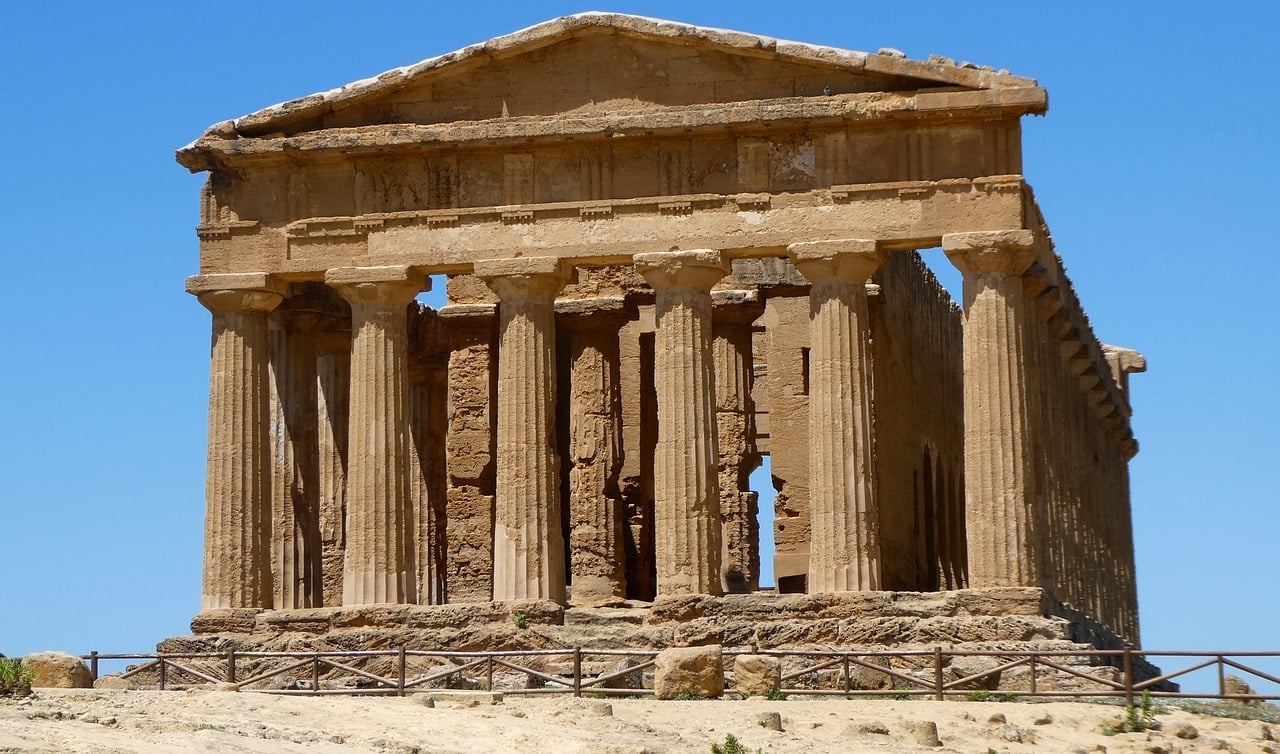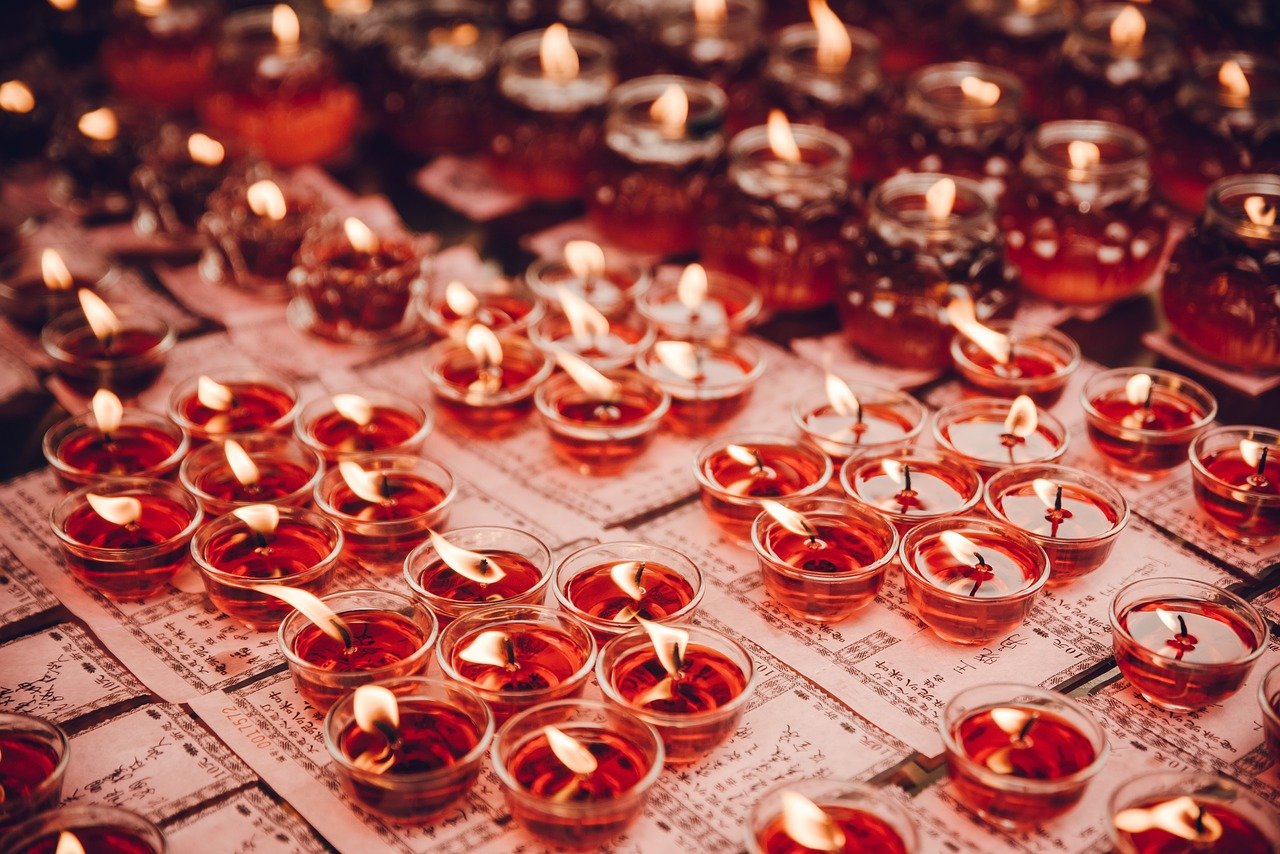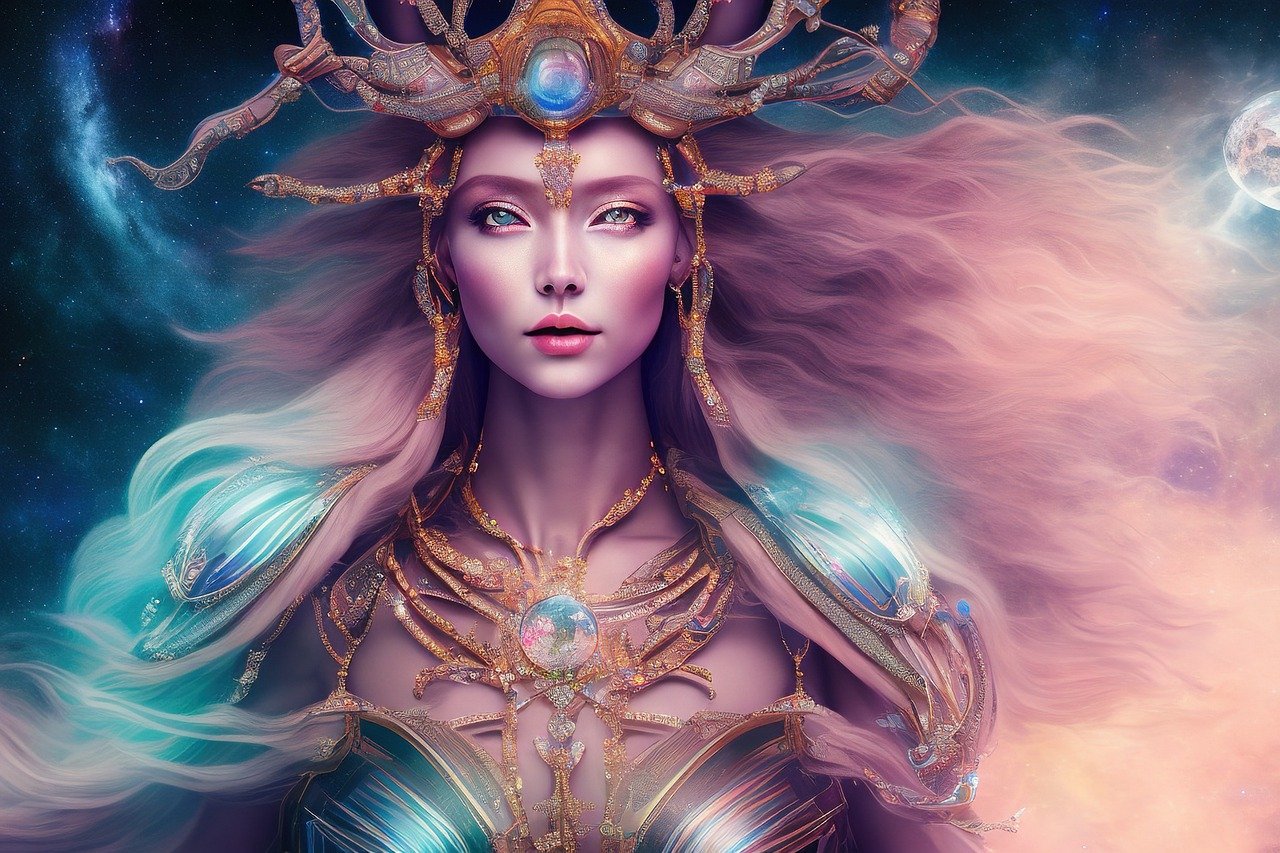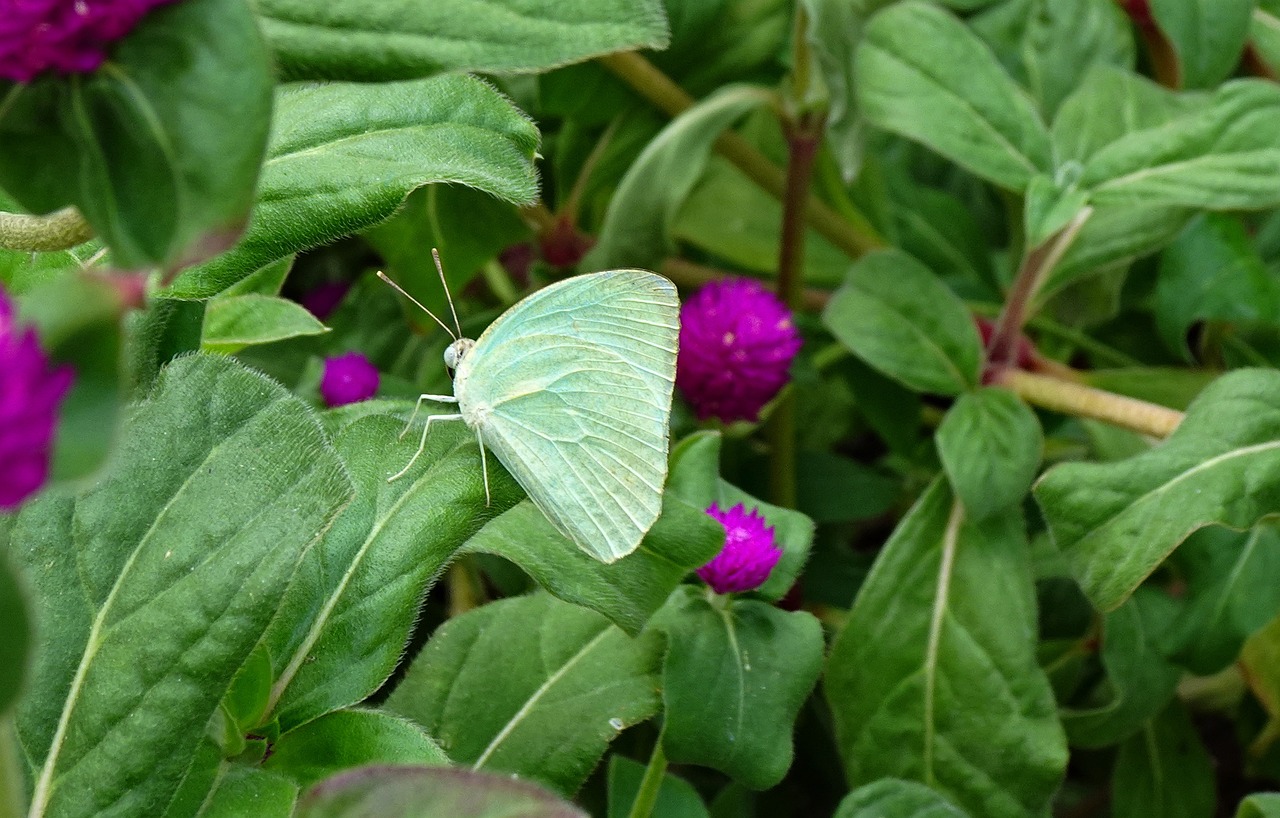Author: Erlang Shen
-
In the mythos surrounding the Tuatha De Danann, a group of deities known as the People of Danu, we encounter various Celtic divinities born of Danu, who are meant to inhabit the Earth. Among their offspring is Ogma, recognized as the most handsome of Danu’s sons. He was gifted with extraordinary poetic talent alongside the…
-
Athena: The Goddess of Wisdom and Warfare Athena, often referred to as Athene, occupies a prominent place among the Olympian deities of ancient Greek mythology. Revered as the goddess of wisdom, strategy in war, and various crafts including weaving and pottery, she embodies a unique blend of intelligence and martial prowess. Radiating authority and grace,…
-
Roman religion, also referred to as Roman mythology, encompasses the beliefs and customs of the inhabitants of the Italian peninsula dating from ancient times until the rise of Christianity in the 4th century CE, a period often identified as Classical antiquity. Nature and Importance According to Cicero, a renowned orator and politician, the Romans distinguished…
-
Celtic Fusion is an Ireland-based brand that specializes in unique, handcrafted clothing deeply rooted in Celtic folklore and the spirit of nature. Nestled in the scenic West of Ireland, the designs prioritize a connection to nature, drawing inspiration from Celtic spirituality and ancient pagan beliefs that celebrate the natural world and life’s enduring cycles. Explore…
-
Overview of Eros: The God of Love Eros embodies love, desire, and procreation, initially conceived in ancient mythology as a primordial entity birthed alongside other primordial beings like Chaos and Gaia. However, over time, he became widely recognized as the son of Aphrodite, the goddess associated with love, often depicted as her inseparable companion. Some…
-
Geb, also referred to as Seb or Keb in various contexts, stands as a significant figure within the ancient Egyptian pantheon. His name translates loosely to “the lame one,” yet he is revered as an essential god-king of ancient Egypt. Overview of Geb In Egyptian cosmology, Geb symbolizes the Earth and is credited with the…
-
Tyche: The Goddess of Fortune in Greek Mythology Tyche, known as Tykhe in Greek transliteration, embodies concepts such as fortune, chance, providence, and fate. Often revered positively as Eutychia, she personifies good luck, success, and prosperity. Tyche’s portrayal frequently includes symbolic items like a rudder, reflecting her role as a guiding force in worldly matters,…
-
The Nuckelavee: A Terrifying Legend from Irish Mythology Mythology serves as a mirror reflecting societal fears, giving voice to the invisible forces perceived as threats to life and security. Among myths from Irish and Scottish folklore, the Nuckelavee emerges as one of the most alarming entities—a grotesque creature believed to rise from the sea, spreading…
-
Diana, revered as the goddess of childbirth, fertility, the moon, and wild creatures in Roman mythology, is most renowned for her association with hunting, her sacred animal being the deer. She parallels the Greek goddess Artemis. Like many myths involving the deities of antiquity, the stories concerning Diana differ across various sources and occasionally present…
-
The Celebration of Pomona: A Tribute to the Fruit Goddess Niamh Red Horse reflects on her lifelong connection to Pomona, the goddess revered for her guardianship of fruits, particularly apples. Growing up in Michigan, she fondly recalls days spent consuming fresh fruits, forming an intrinsic bond with apple trees that she considers a sisterhood, deeply…







